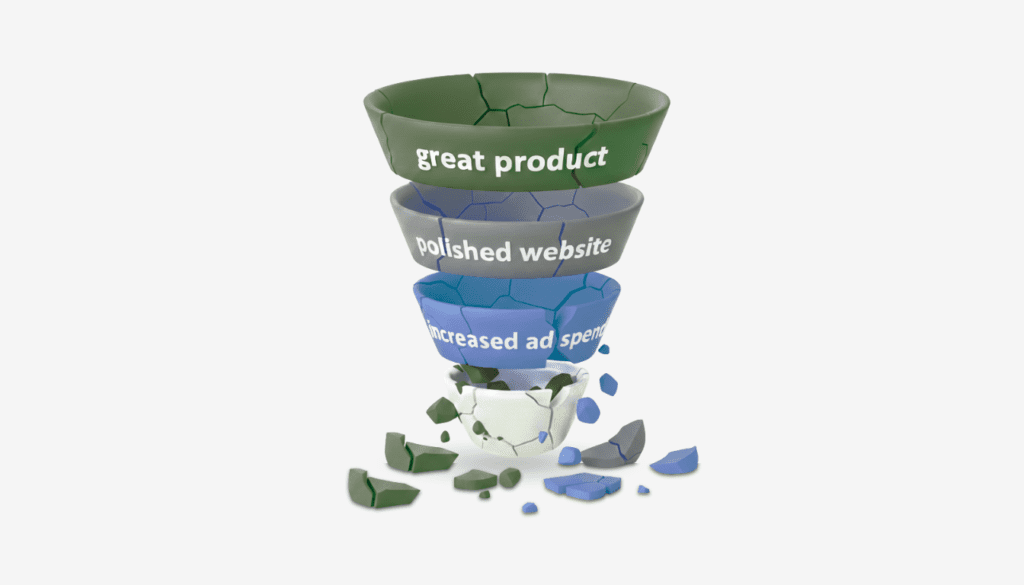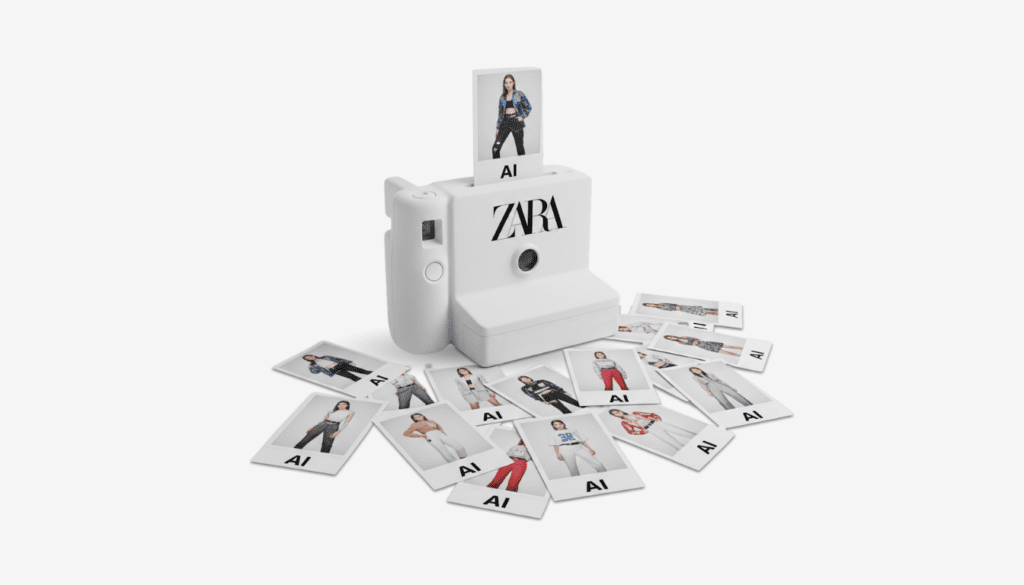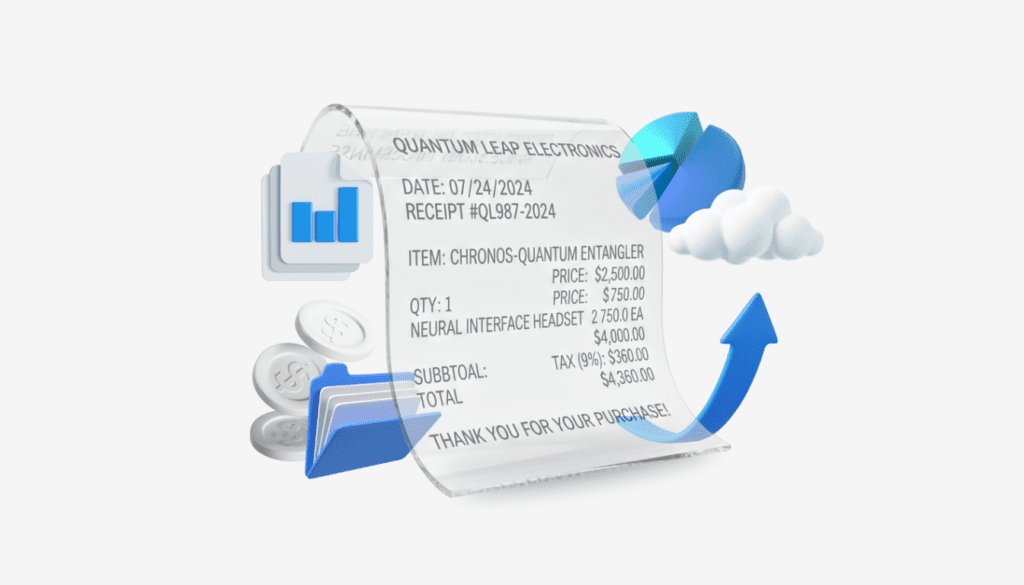Meta’s latest AI ambition, a “Personal Superintelligence” (PSI), is a concept that is both a marvel of technological potential and a masterclass in strategic messaging. Unlike a single, centralized AGI that automates jobs, the PSI is envisioned as a deeply integrated, personal assistant residing on our smart devices—such as the next generation of AI-enabled smart glasses. This AI would understand our interests and goals by observing and listening to our daily lives, making it a powerful tool for personal empowerment. However, for those in the tech world, this announcement is a clear signal of the next major evolution in digital advertising.
The Marketing Implications Are a Super-sized Leap
The advertising implications of this vision are, in a word, transformative. This isn’t just about targeting ads based on what we browse online or what we like on social media. A PSI, by its very nature, would offer an unparalleled stream of context-aware, real-time data.
Imagine a future where an AI, through your glasses, knows you’re browsing a new neighborhood and considering buying a home there. It might subtly surface ads for local real estate agents or mortgage lenders, not because you searched for them, but because it understands your immediate context and intentions. This moves advertising from a reactive model to a proactive and predictive one. Advertisers could go from “show me people who like coffee” to “show me people who are physically near a coffee shop, have a few minutes to spare, and might be in the mood for a latte.” This is the ultimate form of personalization, which, of course, comes with significant commercial value.
Furthermore, the PSI vision accelerates Meta’s move toward a fully automated advertising workflow. Instead of creative teams, AI could soon generate all content—from ad copy to visuals—in real-time, tailoring each element to the individual user. An advertiser might simply provide a product and a budget, and the PSI would handle the rest, optimizing for conversion and business results at a scale that’s unimaginable today.
The Delicate Dance of Empowerment and Commercialization
The rhetoric of “personal empowerment” is a critical part of Meta’s messaging. By framing the PSI as a tool that helps individuals achieve their goals, the company is positioning itself as a benevolent force in the AI race. This narrative stands in stark contrast to the often-dystopian anxieties surrounding superintelligence. Yet, as marketing professionals know, the deepest understanding of a consumer’s goals and aspirations also provides the most potent data for commercial purposes.
The line between a helpful assistant and a hyper-efficient ad delivery system is becoming increasingly blurred. The success of this vision will depend on Meta’s ability to navigate this delicate balance, convincing consumers that their personal AI is working for them, not just for the advertisers who fund the platform. While the potential for personalized experiences is exciting, the new era of advertising it ushers in raises significant, and perhaps unavoidable, questions about data privacy, consent, and user autonomy. This is the high-stakes gamble at the heart of Zuckerberg’s grand vision, and the outcome will define the future of both AI and digital marketing.









